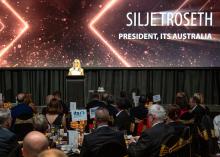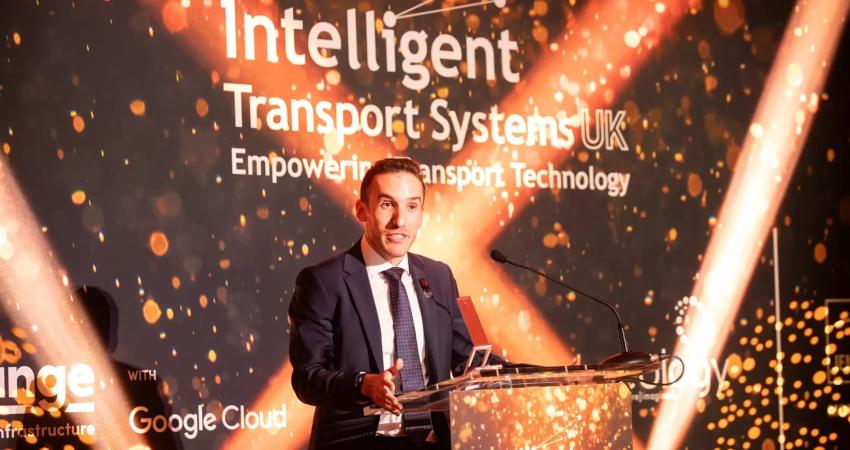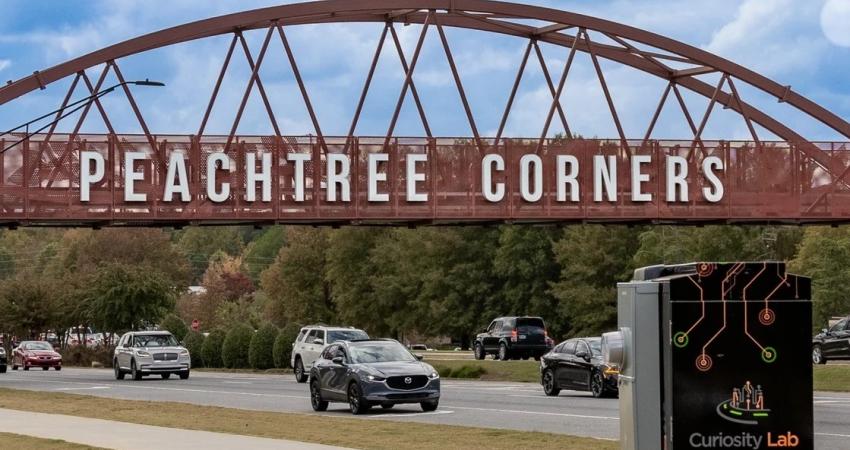Transurban CEO Scott Charlton said each of the successful research projects would trial local Australian technologies to address known safety or efficiency challenges affecting our nation’s busiest motorways.
The successful 2017 Transurban Innovation Grant recipients and research projects are:
University of Melbourne for research into a speed sensor with LED lights, which, once attached to the road surface could provide real-time customised signals encouraging speeding drivers to slow down.
Imagine IM for a trial of a pressure sensor made from graphene that, when constructed into the motorway surface, would enable a ‘smarter’ road capable of reporting on traffic density, weight, volume and road surface condition.
Deakin University for the development of a high-energy absorbing overlay made of recycled plastic and textile fibres to cover roadside wire rope barriers, with the aim of reducing injury severity in crashes involving motorcyclists.
“This year’s recipients are researching new materials and technology that could one day benefit the transport sector and community as a whole, with potential applications far broader than our own road networks,” said Charlton.
The Transurban Innovation Grants Program is aligned to the company’s 'Think Long Term' sustainability program. Grants of up to $100,000 are available to support ideas requiring further research and investigation to determine their feasibility and application to real world challenges facing transport infrastructure.
Transurban awards funding for R&D for safer Australian roads
Transurban has awarded US$80,000 (AU$100,000) grants to three pioneering research and development projects targeting safer and smarter Australian roads in the latest round of its Innovation Grants Program. Transurban CEO Scott Charlton said each of the successful research projects would trial local Australian technologies to address known safety or efficiency challenges affecting our nation’s busiest motorways.






